Is Anonymity Ethical In Journalism?
In late 2018, The New York Times stated, “The Times is taking the rare step of publishing an anonymous Op-Ed essay. We have done so at the request of the author, a senior official in the Trump administration whose identity is known to us and whose job would be jeopardized by its disclosure.” The op-ed that followed became a hotbed of controversy: “I Am Part of the Resistance Inside the Trump Administration.”
The New York Times was bombarded with questions from almost 23,000 readers. Was hiding the author’s identity truly justified? How could the publication’s motives be trusted? What did the Times mean by the anonymous article being a “rare step”?
Responding to the last question, The New York Times listed the rare occasions when they published pieces without fully identifying the author: an asylum seeker remained unnamed because her family in El Salvador faced threats of gang violence, a Syrian refugee in Greece withheld her surname because her family was still stuck in the midst of the Syrian Civil War, and a writer in Raqqa used a pen name to avoid being a target of the Islamic State.
Those three cited occasions were appropriate times to conceal the author’s identity. The senior administration official’s situation simply wasn’t comparable.
A publication should only venture into anonymous territory when the threat is not merely theoretical; when there is grave certainty that the threat would be carried out. Had the asylum seeker, the Syrian refugee, or the writer in Raqqa had their full name associated with their words, their families’ lives and their own life would be in imminent physical danger. But the senior administration official and any family they might have live in a country of free speech. If their name had been published, the likely consequence would be getting fired. A job on the line doesn’t have the same weight as a life on the line. American politics isn’t a topic that fits under the umbrella of anonymity.
These factors were enough to make me question the motives of The New York Times. How easy would it have been for the editorial board to write that article for political motivations, under the guise of an insurgent in the White House? If the threat to safety was real enough, readers would inherently understand the necessity of anonymity. The fact that the Times even had to publish a piece defending their reasoning proved that anonymity was not ethical in this situation.
Yet I understand the appeal of being an unidentifiable author. When Brett Kavanaugh’s Supreme Court nomination was in the air and Dr. Ford was testifying against him with allegations of sexual assault, an article came out in the Daily Urinal. “Internal Cacophony” questioned the typical instinct to instantly believe the prosecutor. And it was written by a faceless person.
That person thought no one would understand their point of view. They didn’t want to complicate their reputation for trivial, tongue-in-cheek articles. In addition, they liked the pretty side of anonymity: people would read the article, but if they disagreed, they wouldn’t be confronted.
Of course, that person realized the ugly side of anonymity after the article was published: Their words may have made people think, but they didn’t foster discussion. By remaining nameless, they got on their soapbox, shut out the world, and chose not to participate in any dialogue the article might spark.
I identified myself as the writer of “Internal Cacophony” a few days later.
I learned the importance of that small line after the title that identifies the author. I learned to be proud of my name printed there, even preceding a sensitive article. I learned that the true opposite of anonymity is accountability.
It’s true that in the real world of journalism, sometimes no identifiable sources are willing to go on record, and the need for a story to be told can be greater than the need for unquestionable credibility. Perhaps that was The New York Times’ thought process behind publishing “I Am Part of the Resistance Inside the Trump Administration.”
Nevertheless, in situations of controversy, ethical and anonymous generally cannot coexist– and that is why journalism can be such a dangerous world.

Carly Phoon joined The Tower her junior year and unexpectedly found her niche in graphics and layout. In her rare free time, she enjoys working at a vet...


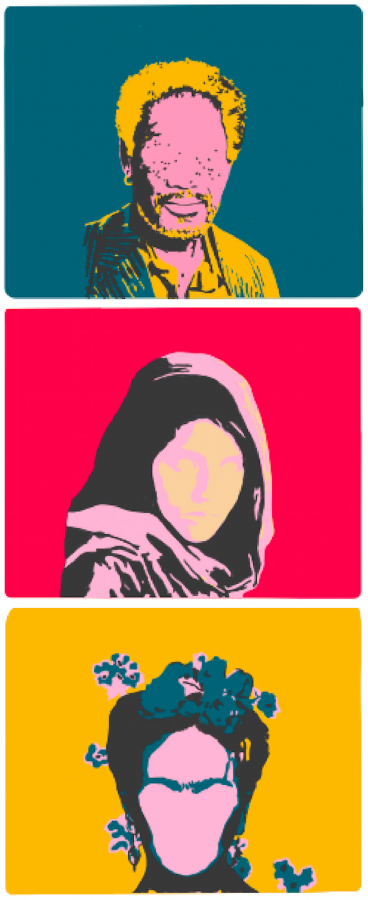
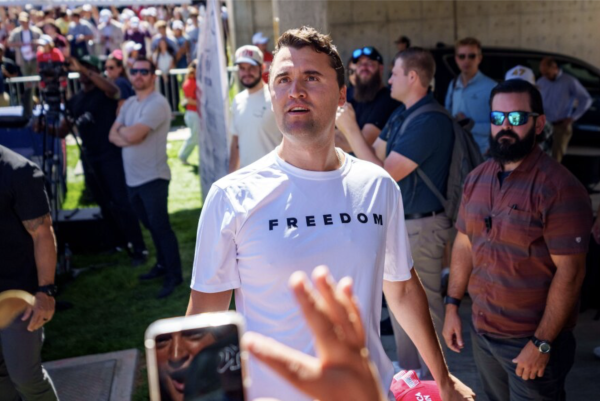
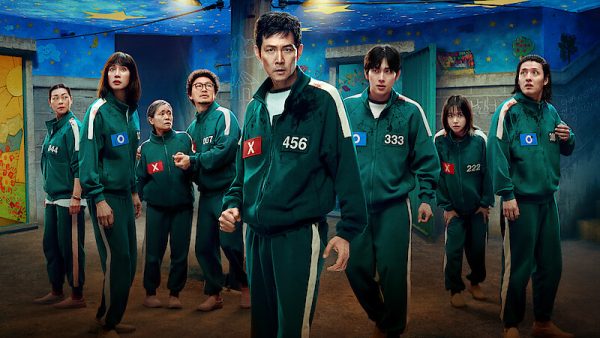
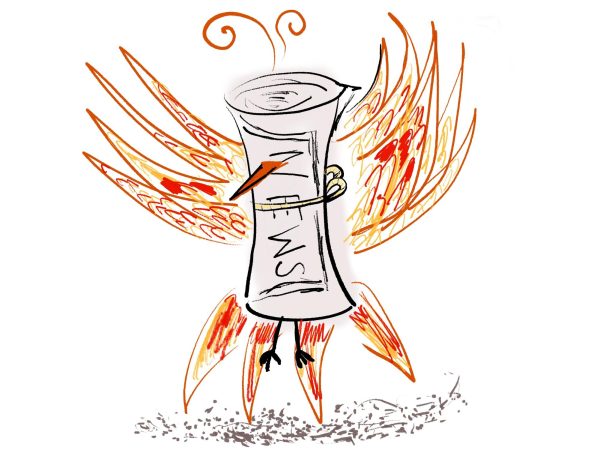
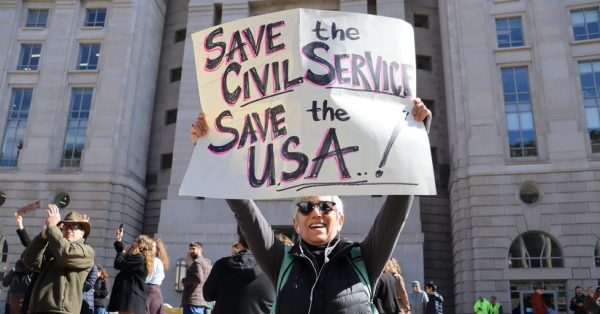
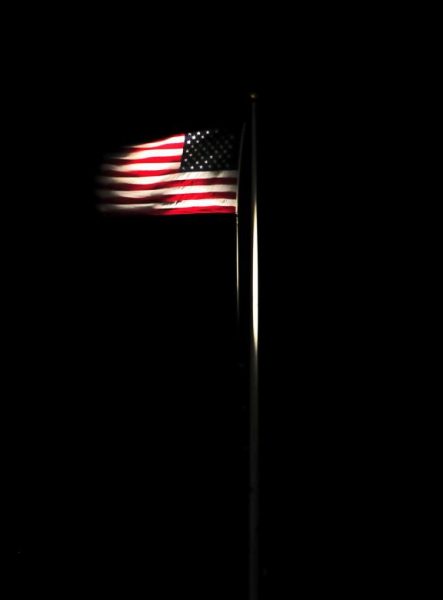
Alex Cotton • Nov 28, 2019 at 4:40 PM
While I agree with many of your points, I can’t help but think that if the author wasn’t anonymous, the article wouldn’t have been published at all.
Carly Phoon • Nov 18, 2019 at 8:54 PM
Funny hypothetical scenario: I get a job at the New York Times. They find this article. I get fired.